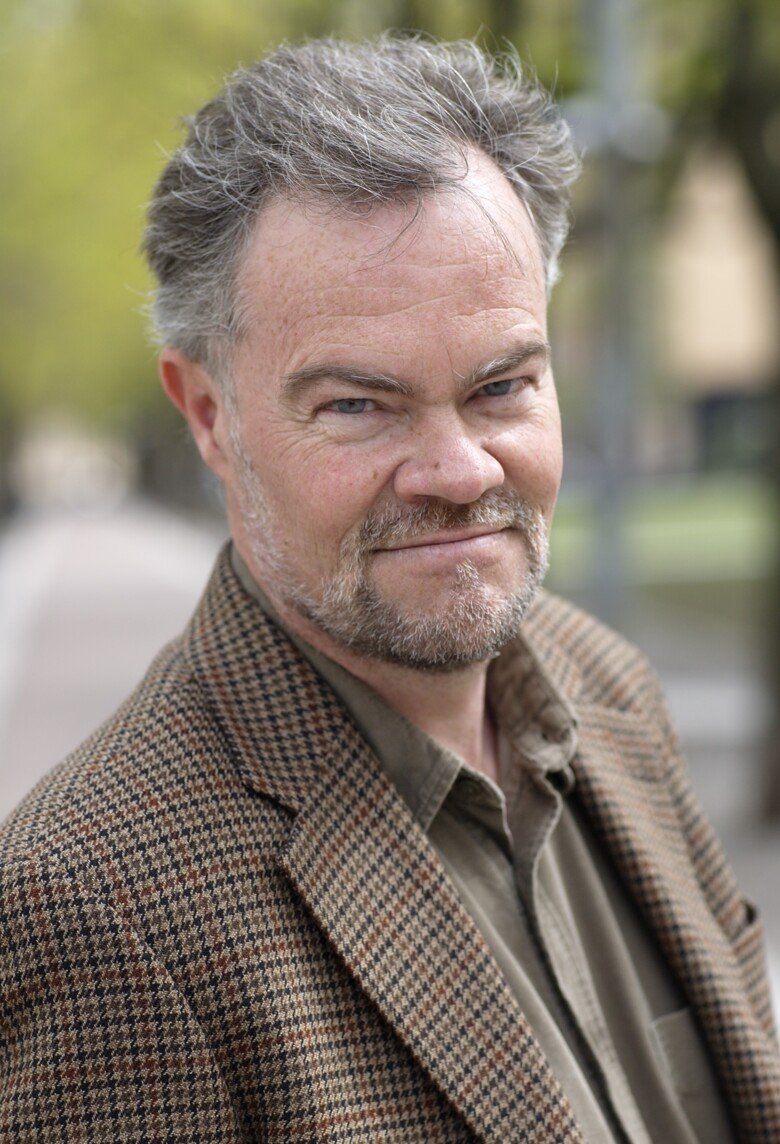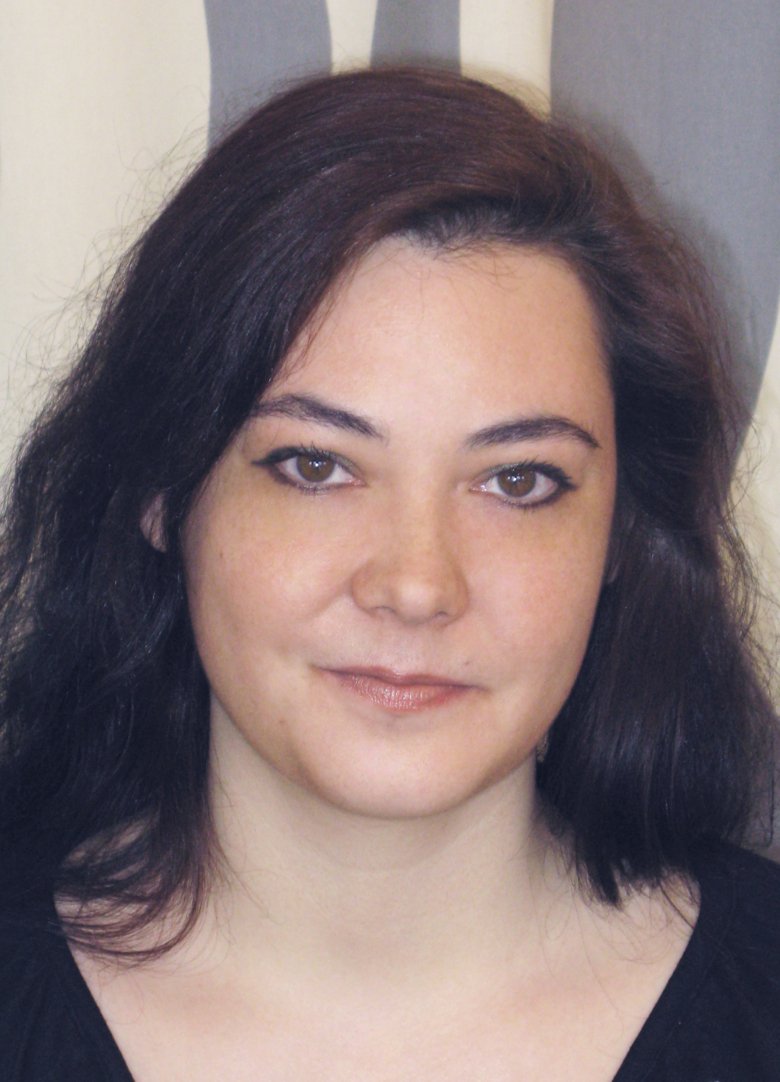Four out of eight VR-grants awarded to KI was given to ARC

Four out of eight grants awarded to Karolinska Institutet from the Swedish Research Council within the area of Humanities and Social sciences was given to researchers at the Division of Aging Research Center (ARC) at the Department of Neurobiology, Care Sciences and Society (NVS).

Johan Fritzell
Project: “Does inequality increase among older persons in Sweden? A multidimensional perspective” 3 years, 3 503 000 SEK
The number and proportion of older persons in Sweden is skyrocketing. Already in 2020, the number of people 75 years and above will pass 1 million. To study and analyse living conditions and inequalities among older persons is therefore of utmost importance. We do this from a multidimensional perspective and against a background of worrying trends and differences in incomes at older ages. In contrast to most other EU-countries, Sweden has, according to Eurostat data, experienced increases of relative poverty, and has one of the largest gender gaps in income among older persons.
An overall aim of this project is to study if these trends are also apparent in more detailed and multidimensional analyses of welfare and living conditions among persons aged 75+. We will also use this perspective to advance the Active Ageing Index that was developed during European year of active ageing in 2012. We will incorporate the inequality dimension into the index but also make it more relevant for the oldest old.
In one subproject, we will focus specifically on the income gradient in mortality among the older segments of the population. The income-mortality relationship has lately been studied intensely. However, despite the fact that the vast majority of all deaths in rich countries nowadays occur at old age these studies have rarely ever included persons above working-age.

Grégoria Kalpouzos
Project: ”The impact of genetic, biological and lifestyle factors on brain iron load: Consequences for motor and cognitive functions in adulthood and aging” 4 years, 5 400 000 SEK
Iron is essential for many biological mechanisms in the brain. However, an overload of iron triggers cellular dysfunction and cell death via oxidative stress and inflammation. Higher brain iron load has been observed in virtually all neurodegenerative disorders, but also in normal aging. The main aims of the “IronAge” project are to (1) uncover the effects of brain iron accumulation on brain integrity, motor and cognitive performance as we age, and (2) reveal the genetic, biological and lifestyle factors that modulate brain iron accumulation. The baseline data collection, including blood, MRI, motor and cognitive data, and detailed information on lifestyle in 200 healthy individuals aged 20-79 years, is completed. Follow-up data collection will start in 2019. While adding substantial knowledge on the causes and effects of brain iron, the ultimate goal is to provide lifestyle recommendations to prevent or delay motor and cognitive decline in aging.
The IRON-project at ARC web: https://ki-su-arc.se/research/iron-protocol/

Martin Lövdén
Project: ”The exploration-selection-refinement model of how the brain gains motor skills” 4 years, 4 212 000 SEK
Understanding the process of skill acquisition is a long-standing topic in psychology and cognitive neuroscience. We have recently proposed a model of the neural process of human skill acquisition.
During learning, the brain initially holds an audition by trying out numerous candidate circuits and the best candidate circuit is then selected for further local fine-tuning. During the first audition phase, this process is hypothesized to be associated with growth of brain structure, which partially retracts after the best circuit for the job has been selected. This project aims to test an ensemble of predictions from this model, using magnetic resonance imaging (MRI) of brain function and structure during the course of human motor skill acquisition and a similar mouse paradigm.
We aim to investigate whether multivariate patterns of regional brain activity stabilizes over weeks of human motor skill acquisition. We will also probe the time course of structural changes with quantitative MRI parameters that broadly characterize tissue composition and reliably estimate intra-cortical myelin, and validate an in vivo MRI sequence estimating intra-cortical myelin and investigate whether an expansion and renormalization of myelin is detectable with immunohistochemistry and in vivo MRI in the mouse. If the model’s predictions are correct, it would reshape the field of skill-related changes in brain structure and establish a mechanistic understanding of the dynamics of brain plasticity.

Jonas Persson
Project: “Adaptive forgetting: Neurocognitive mechanisms linked to normal aging and emotional disorders” 4 years, 5 500 000 SEK
In cognitive models of memory, forgetting is most often treated as a failure to encode, maintain, or retrieve information. However, remembering a past experience can, quite surprisingly cause forgetting, and forgetting may be imperative to efficient remembering. An inability to remove outdated and irrelevant information from memory may also cause memory failures in older age, and could contribute to mood disorders that involve rumination and anxiety.
The purpose of the present project is to elucidate the neurobehavioral mechanisms of adaptive forgetting and examine how such processes relate to memory deficits in adult aging and mood.
We will use novel behavioral paradigms in conjunction with functional magnetic resonance imaging to investigate age-differences and neural mechanisms underlying adaptive forgetting in memory (years 1-3). We then aim to validate the link between individual differences in controlling ones thoughts, memories and emotions, to neurobehavioral indicators of adaptive forgetting (year 4). The project will be managed by a principal investigator, who will also supervise the project, together with the co-applicant. Data collection and analyses will be performed by a research assistant and a post-doc. The current research project has implications for understanding neurobehavioral mechanisms of forgetting, and may have implications for theories of memory deficits in aging and dysfunctional regulation of mood.
